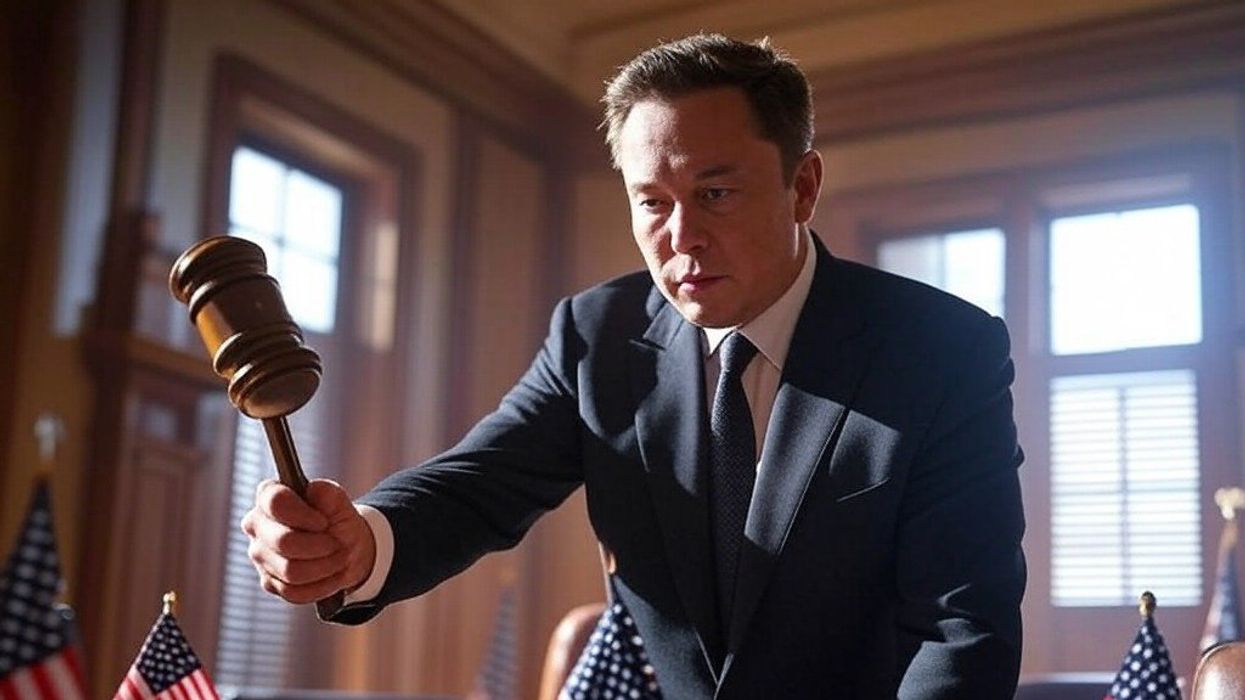On Dec. 19, Sen. Rand Paul (R-Ky.) floated the idea of Elon Musk being the speaker of the House after the billionaire tech businessman publicly opposed a bipartisan bill to avert a government shutdown.
As crazy as that might sound, some fellow Republicans support the idea, including Rep. Marjorie Taylor Greene (Ga.). She said that she would be open to supporting Musk for speaker, an idea proposed by other Republicans as Congress barrelled towards government shutdown Friday night.
Sen. Mike Lee (R-Utah) also endorsed Musk for speaker, though he added that he would also be happy with Musk’s partner in the Department of Government Efficiency, Vivek Ramaswamy, taking up the role. He told talk show host Benny Johnson, “Let them choose one of them, I don't care which one, to be their Speaker,” Lee said. “That would revolutionize everything; it would break up the firm.”
And, of course, Democrats were outraged and started trolling President-elect Donald Trump by calling Musk the “real president.”
“The US Congress this week agreed to fund our government,” Sen. Bernie Sanders (I-Vt.) wrote on Wednesday. “Elon Musk, who became $200 BILLION richer since Trump was elected, objected. Are Republicans beholden to the American people? Or President Musk? This is oligarchy at work.”
Recently elected Progressive Caucus Chair Greg Casar (D-Texas) wondered to reporters on Thursday: “If Elon Musk is kind of cosplaying co-president here, I don’t know why Trump doesn’t just hand him the Oval Office, or Speaker Johnson should maybe just hand Elon Musk the gavel if they just want that billionaire to run the country.”
According to CBS News, Rep. Rosa DeLauro (D-Conn.) joined the fray, repeatedly invoking “President Musk” while speaking with reporters on Thursday.
“Welcome to the Elon Musk presidency,” Rep. Robert Garcia (D-Calif.) wrote on X.
The concept of Musk for Speaker of the House is surely intriguing, evoking two questions:
- Is it legal?
- Has it ever been tried before?
The answer is yes on both counts.
On the first question, the U.S. Constitution does not require the speaker to be a member of Congress, although historically, every Speaker has been a House member.
As to whether it has ever been tried before, the answer is actually yes. For example, former Secretary of State Colin Powell was nominated in 2013 and 2015, and Sen. Tammy Duckworth (D-Wis.) and Joe Biden were nominated in 2019.
It's certainly an interesting concept, but it hasn't happened yet.
We’d like to know what our readers think.
- What do you think about the idea of a speaker who is not an elected member of the House?
- Does it bother you that the richest man in the world with no elected experience can be speaker of the House?
- Given how dysfunctional Congress is, might it be a good idea to shake it up from the outside?
- If Musk became speaker, might that intimidate Trump? Could Trump handle becoming what some think could be a figurehead president, subservient to a younger, richer man? The balance is certainly complex, as is the relationship. Trump has already said he’s the man in charge. How will their dynamic evolve?
Nevins is co-publisher of The Fulcrum and co-founder and board chairman of the Bridge Alliance Education Fund.




















